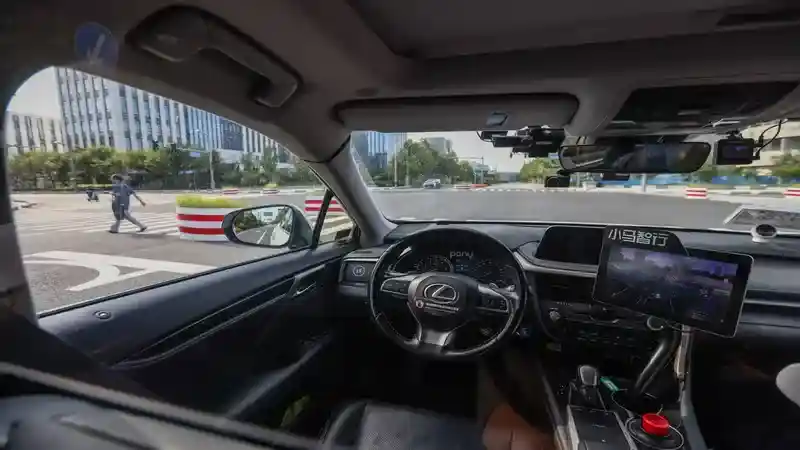Uber Signals Readiness to Launch Driverless Taxis in the UK
Uber has announced its preparedness to introduce driverless taxi services across the UK, pending final regulatory approval. The company emphasized that deployment could commence immediately once the legal framework is established. This move aligns with recent legislative advances, notably the UK’s Automated Vehicles Act passed in 2024, which facilitates autonomous vehicles on British roads by 2026.
Andrew Macdonald, Uber’s senior vice president of mobility, stated:
"The company is prepared to introduce robotaxis as soon as the regulatory environment is ready."
Globally, Uber collaborates with 18 self-driving vehicle companies, including UK-based Wayve, and currently operates driverless taxis in select regions of the United States. The UK government anticipates that the legislation surrounding autonomous vehicles could generate over 38,000 new jobs by 2035 and significantly enhance road safety by reducing collisions caused by human error, which accounts for approximately 88 percent of accidents.
Despite these promising prospects, public concerns remain regarding passenger safety and acceptance. A 2024 YouGov poll revealed that 37 percent of Britons would feel "very unsafe" riding in driverless cars, though recent surveys in London indicate an improvement in public confidence. Professor Toby Breckon, an AI expert and scientific consultant to the Department for Transport, addressed these concerns, noting:
"Driverless cars have a range of very high-precision sensors onboard that give the vehicle a strong perception of the environment around it."
Skepticism persists among traditional taxi drivers. Grant Davis, chair of the London Cab Drivers Club, expressed reservations about the suitability of London’s narrow, unpredictable roads for autonomous vehicles and raised concerns over passenger safety during late hours. Nevertheless, Uber maintains that consumer acceptance tends to increase once the technology is in regular operation, citing their robotaxis’ extensive daily use in the US, with fares comparable to human-driven rides.
Leading autonomous technology firms, such as Waymo, continue rigorous testing and phased rollouts, adapting their systems to new environments, including cities with left-hand traffic like Tokyo, in preparation for future UK deployment.
